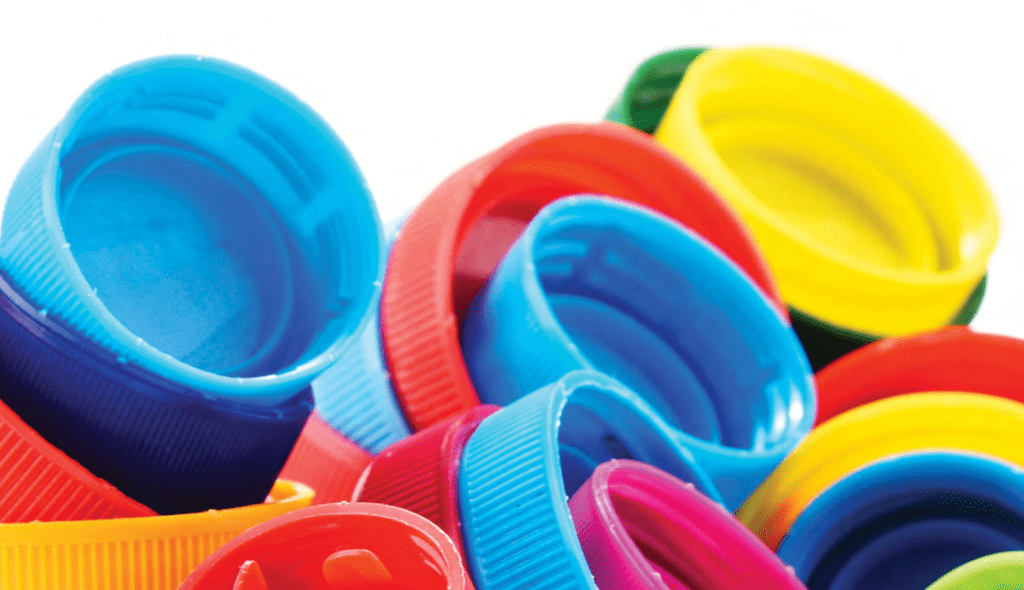Brazil increased its imports of polyethylene, polypropylene and PVC in the last two years in relative terms, according to data from the Braskem company.
Throughout last year, 32% of Brazilian polyethylene, polypropylene and PVC resins were imported products, reflecting an 11% annual increase in the volume of imported resins.
Before, in 2018, the portion of those same imported products was 25%, which implied an annual increase of 12.3% in the volume of imported resins, due to a greater availability of products from plants that recently started operating.
In 2019, in turn, 31% of Brazilian polyethylene, polypropylene and PVC resins were imported products, which reflected an annual increase of 8.5% in the volume of imported resins.
Polypropylene
The Brazilian government has used import tariffs to implement economic policies.
As a result, the import tariffs imposed on petrochemicals have varied in the past and may vary in the future.
Tariffs on imports of first generation petrochemical products are between 0 and 4%, and tariffs on polyethylene, polypropylene and PVC resins are 14%.
In December 2020, the Brazilian government temporarily reduced to 4%, for an initial period of three months, and a quota of 160,000 tons, the import tariffs applied to imports of suspension PVC resins to countries that do not benefit from the preferential import rates in Brazil.
PVC
Meanwhile, imports and exports within the South American free trade area (Mercosur), which is made up of Argentina, Brazil, Paraguay and Uruguay, have not been subject to tariffs since December 2001.
Suspension PVC imports from Bolivia, Chile, Colombia, Cuba, Ecuador, Israel, Peru and Venezuela are not subject to tariffs due to a number of trade agreements.
On the other hand, imports of suspension PVC from Mexico and Egypt are subject to reduced tariffs of 11.2 and 7%, respectively, due to trade agreements.
Likewise, imports of suspended PVC from the United States and Mexico have been subject to anti-dumping duties of 16 and 18%, respectively, which were imposed by the Brazilian Chamber of Foreign Commerce (CAMEX).
Since 2008, China‘s imports of suspension PVC are also subject to anti-dumping duties of 21.6%. These tariffs have been temporarily suspended since August 2020.
South Korea‘s suspension PVC imports were subject to anti-dumping duties that ranged from 0% to 18.9%, according to the producer, between 2008 and August 2020, when they were canceled.
Lastly, the tariffs imposed on imports from the United States and Mexico are scheduled to expire in November 2021, while the tariffs imposed on imports from China will expire in 2025.
![]()

